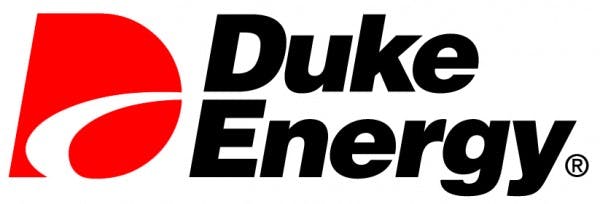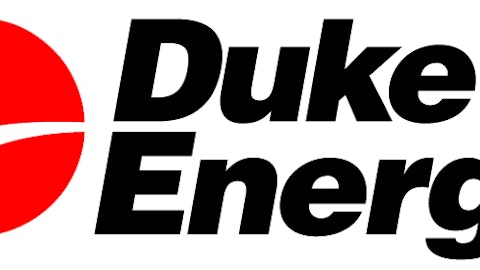In 2008, candidate Barack Obama infamously said that as president he would set policy that would bankrupt the coal industry: “So if somebody wants to build a coal-powered plant, they can; it’s just that it will bankrupt them because they’re going to be charged a huge sum for all that greenhouse gas that’s being emitted.”
The coming collapse
Now, according to a new Duke University study, pending regulations by President Obama’s Environmental Protection Agency may just accomplish that goal. It concluded that tougher air-quality standards would make two-thirds of the nation’s coal-fired power plants more expensive to operate than comparable natural-gas-fired facilities. And if the price of natural gas soared four times higher than what it currently trades for, the costs of operation between the two systems would simply be comparable.

The coal industry is already in an untenable situation as utilities shut down coal-fired plants. The Energy Information Administration says over the last year alone, the net generation of energy by coal producers fell 12% while natural gas soared 21%. During President Obama’s tenure, coal generation has fallen by 25% while gas is up 39%.
Of course, not all the blame can be laid at the door of the Oval Office as greater shale production through new and innovative drilling techniques, like horizontal drilling, have caused gas prices to tumble during that time period. That alone has made it a resource that is more competitive with coal even as the older, inefficient plants continued to be taken off line.
Padlocking the front gate
Yet it can’t be denied that the demise of many plants has been hastened by the animus against the coal industry. In 2012 alone, Duke Energy Corp (NYSE:DUK) retired eight coal plants representing 730 megawatts of capacity and Dominion Resources, Inc. (NYSE:D) took down nine, eliminating 1.1 gigawatts of capacity. FirstEnergy Corp. (NYSE:FE) idled three for 500 megawatts. SourceWatch says two dozen plants will be retired in 2013 representing 2.9 gigawatts of capacity with nearly 50 plants expected to close next year totaling seven gigawatts of capacity.
That’s odd because the researchers found that only 9% of coal-fired plants today are more costly to operate than natural-gas-fired ones. Something’s moving against coal and it’s clear the new EPA regulations will dramatically tilt the scales in favor of gas. This is despite emissions dropping steadily over the years to their lowest levels since 1992.
Yet as the university study concluded, reductions in emissions in the U.S. will likely be exceeded elsewhere in the world because China is still forging ahead. As Obama noted in his first campaign, China is building a new coal-fired plant a day, which may be the only thing that saves the industry.
Peabody Energy Corporation (NYSE:BTU) realizes 25% of its revenues from Asia (up from 18% the year before) while earlier this year CONSOL Energy Inc. (NYSE:CNX) completed the largest shipment ever of metallurgical coal to China.
Deep, dark hole
With coal consumption and production in the U.S. on the decline, miners are abandoning the industry en masse. Rio Tinto plc (ADR) (NYSE:RIO) and BHP Billiton Limited (ADR) (NYSE:BHP) have made plans to exit coal mining which has affected the earnings of mining equipment manufacturers like Caterpillar Inc. (NYSE:CAT) and Joy Global Inc. (NYSE:JOY).
When these new EPA regulations take effect and their impact is felt in the coal industry, the reverberations will be like a mine collapse, as miners go bankrupt and jobs are lost. We are witness to the last gasps of a domestic coal industry that’s laid out on its deathbed.
The article Will Obama Put Coal out of Business? originally appeared on Fool.com and is written by Rich Duprey.
Motley Fool contributor Rich Duprey has no position in any stocks mentioned. The Motley Fool recommends Dominion Resources (NYSE:D).
Copyright © 1995 – 2013 The Motley Fool, LLC. All rights reserved. The Motley Fool has a disclosure policy.

